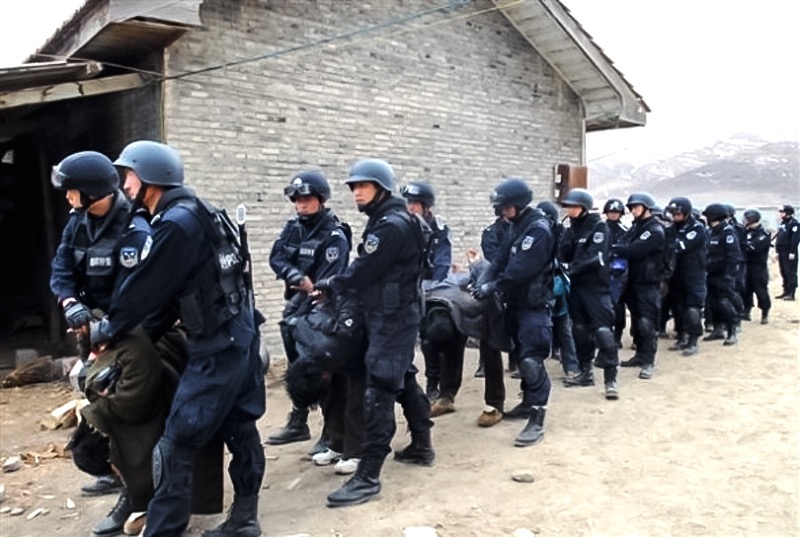Dharamshala, India — The United Nations’ Committee on the Elimination of Racial Discrimination (CERD) has expressed its concern over the “broad definitions of terrorism and vague references to extremism and unclear definition of separatism in Chinese legislation” potentially being used to “criminalize peaceful civic and religious expression and facilitate profiling” of Tibetans, Uighurs, and other ethnic and ethno-religious minorities.
The Committee has published its “concluding observations on the combined fourteenth to seventeenth periodic reports of China”, adopted at its ninety-sixth session. The report comes after China underwent a CERD review a few weeks ago on 10 and 13 August. It also expressed concern over torture and ill-treatments of Tibetan “peaceful political protestors and human rights defenders”.
The Committee also noted its concerns about the racially discriminatory practices in employment especially the discrimination faced by Tibetans in job advertisements and recruitment processes. While taking specific note on the conditions of Tibetans, the committee highlighted that Tibetans are subjected to:
- significant restrictions on movement within and beyond Tibet Autonomous Region (TAR)
- almost entire banning of issuance of passports for foreign travel
- significant restrictions on teaching of Tibetan language in schools in the TAR; punishment for Tibetan language advocacy
- non-accessibility to Tibetan language translations during court proceedings.
The Committee recommended China to:
- revise its regulations and practices to ensure non-discriminatory determinations on passport applications and freedom of movement for Tibetans within and beyond TAR and abroad
- preserve the Tibetan language by encouraging and promoting its use in education, judicial system, media etc.
- provide information regarding the promotion of any restrictions on the use of ethnic minority languages.
While echoing the Committee’s disappointment at the delayed submission of the 14th to 17th periodic reports by China, the Committee recommended China to submit its next reports, the combined 18th to 20th periodic reports, by 28 January, 2023 which should “address all the points raised in the present concluding observations”.
To access the full-text article, please Click here.


![Tibet has a rich history as a sovereign nation until the 1950s when it was invaded by China. [Photo: File]](/images/stories/Pics-2024/March/Tibet-Nation-1940s.jpg#joomlaImage://local-images/stories/Pics-2024/March/Tibet-Nation-1940s.jpg?width=1489&height=878)
















